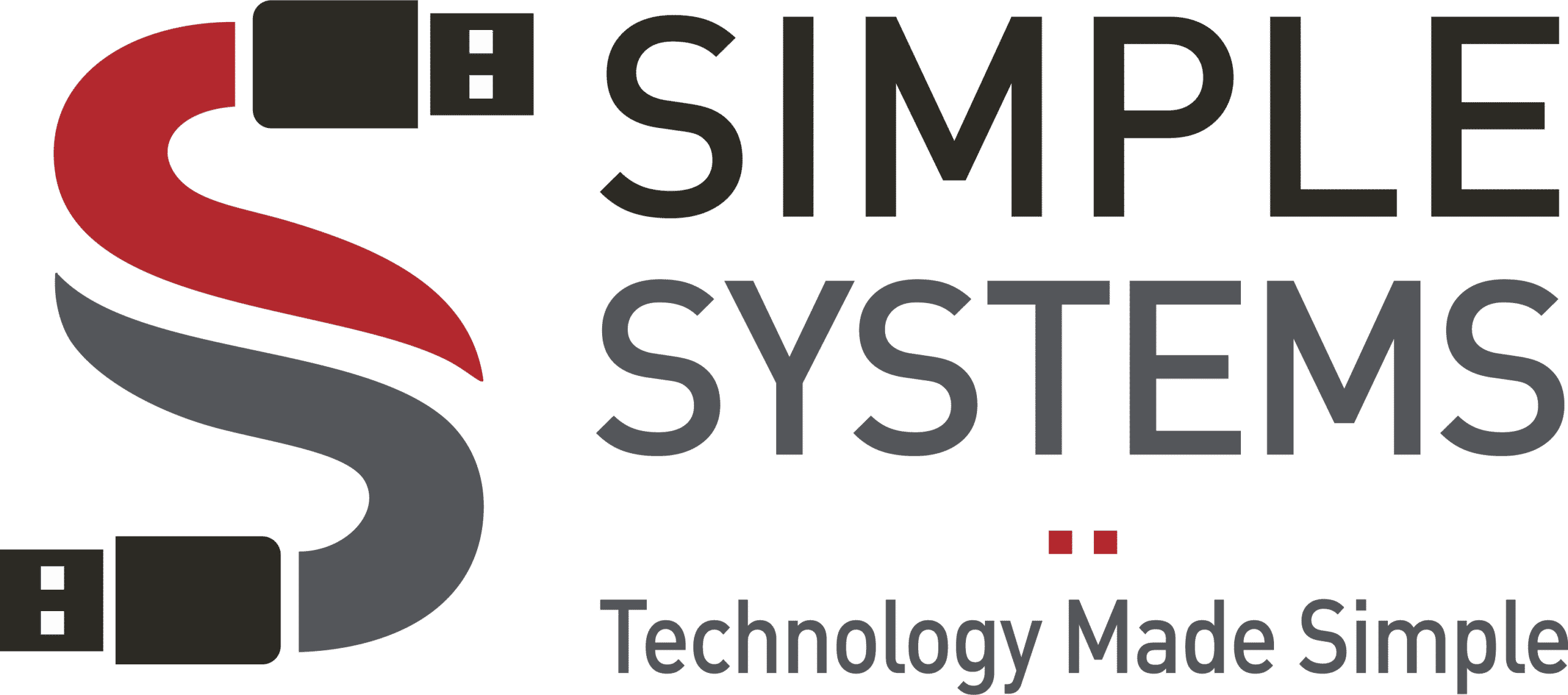As technology improves, cybersecurity concerns continue to grow. At the same time, government mandates on a national, state, and local level force businesses to restructure their cybersecurity framework to pass various relation requirements.
It’s easy to overlook the fact that cybersecurity risks and compliance requirements cannot always be separated. Businesses may try to concentrate on one or the other in order to ensure that everything is covered, but this can lead to confusion. Yet the the truth of it is that IT security and IT compliance are both vital components of a company’s technological strategy.
But what is the actual difference between them, if any? In this post, we’ll explain the differences between IT security and IT compliance, as well as their responsibilities in protecting your company’s operations.
IT Security
IT security, or cybersecurity, is the practice of protecting your computer networks and user data from unauthorized access or theft. Some of the IT security measures that can be implemented can include:
- Firewalls
- Anti-virus software
- Content filters
- Restricted network access for employees
- VPNs
- User authentication
- Cloud computing
- Employee security training
By implementing these measures, you can protect your business from online threats like hackers, data breaches, and ransomware attacks.
IT Compliance
IT compliance refers to the process of ensuring that your business adheres to all relevant laws and regulations. This includes things like data privacy laws, industry-specific regulations, and other legal mandates. To be compliant, you’ll need to have policies and procedures in place that meet the requirements of these laws and regulations.
Some sources of policies and regulations include:
- Industry Regulations: With data security becoming increasingly complex, some industries have requirements and regulations to safeguard intellectual and confidential property.
- Goverment Policies: Government policies include the rules which regulate all industries in the country. Examples of government regulations include the Health Insurance Portability and Accountability Act (HIPAA), Payment Card Industry Data Security Standard (PCI-DSS), and General Data Protection Regulations (GDPR).
- Contractual Terms: This type of compliance involves the conditions, warranties, or agreement between you and customers (Service-Level Agreement) or vendors.
- Cyber-Insurace Policies: In order to qualify for most cyber-insurance policies, insurance agencies will normally have specific guidelines that businesses must meet before extending coverage, such as company-wide antivirus software, regular backups, and user access permissions that follow a secure provisioning process.
Difference between IT Security and IT Compliance
The main difference between IT security and IT compliance is that security is about protecting your systems and data, while compliance is about following the rules. Security is proactive, while compliance is reactive. Security protects your systems from threats, while compliance only responds once a threat has been identified.
However, there is some overlap between the two concepts. For example, data privacy laws are a type of compliance requirement, but they also help to improve the security of your systems by ensuring that sensitive user data is properly protected.
Both IT security and IT compliance are important for businesses. By implementing security measures, you can protect your business from online threats. And by following compliance regulations, you can avoid costly fines and penalties.
Bottom Line
When it comes to your business, it’s important to take a proactive approach to both IT security and IT compliance. By implementing both measures, your business can be better protected from online threats and legal penalties.
If you have any questions, or if you need help implementing security or compliance measures for your business, contact Simple Systems today.


